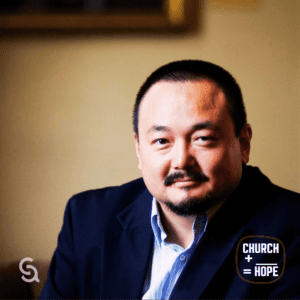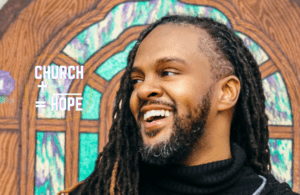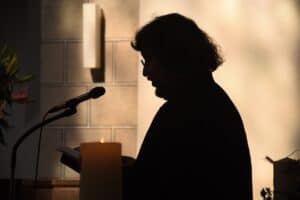When I look at the church, what gives me hope?
Hope arises when I hear the voices of those who had previously been silenced or marginalized cry out from the depths. My students at Stateville Correctional Center, who despite their incarceration are seeking the wisdom of the LORD. BIPOC and WOC voices that speak truth to a broken reality. And young voices that will not be suppressed by the dysfunctional narratives of our past, but speak to the hope of the future.
Dr. Soong-Chan Rah, author of Prophetic Lament & The Next Evangelicalism
Twitter: @profrah
Instagramt: @profrah
Read what others are saying:
- Church + Boldness = Hope – Bridget Eileen Rivera
- Church + Latinx Millennial Christian Leaders = Hope – Alexia Salvatierra
- Church + Change = Hope – Darren Calhoun
- Church + Clarity = Hope – Lauren Grubaugh
- Church + Openness to Different Voices = Hope – Randy Woodley
- Church + Stifling the Spirit = Hard to Hope – Myles Markham
- Church + God’s faithfulness = Hope — Nikki Toyama-Szeto
- Church + Gracious Spirit of God = Hope — Al Tizon
- Church + Recognizing God’s Presence = Hope — Kristyn Komarnicki
- Church + Reformation = Hope — Erina Kim-Eubanks
- Church + Embodied Faith = Hope — Brandi Miller
- Church + God’s perfection = Hope — Shane Claiborne
- Church + Stifling the Spirit = Hard to Hope — Myles Markham


